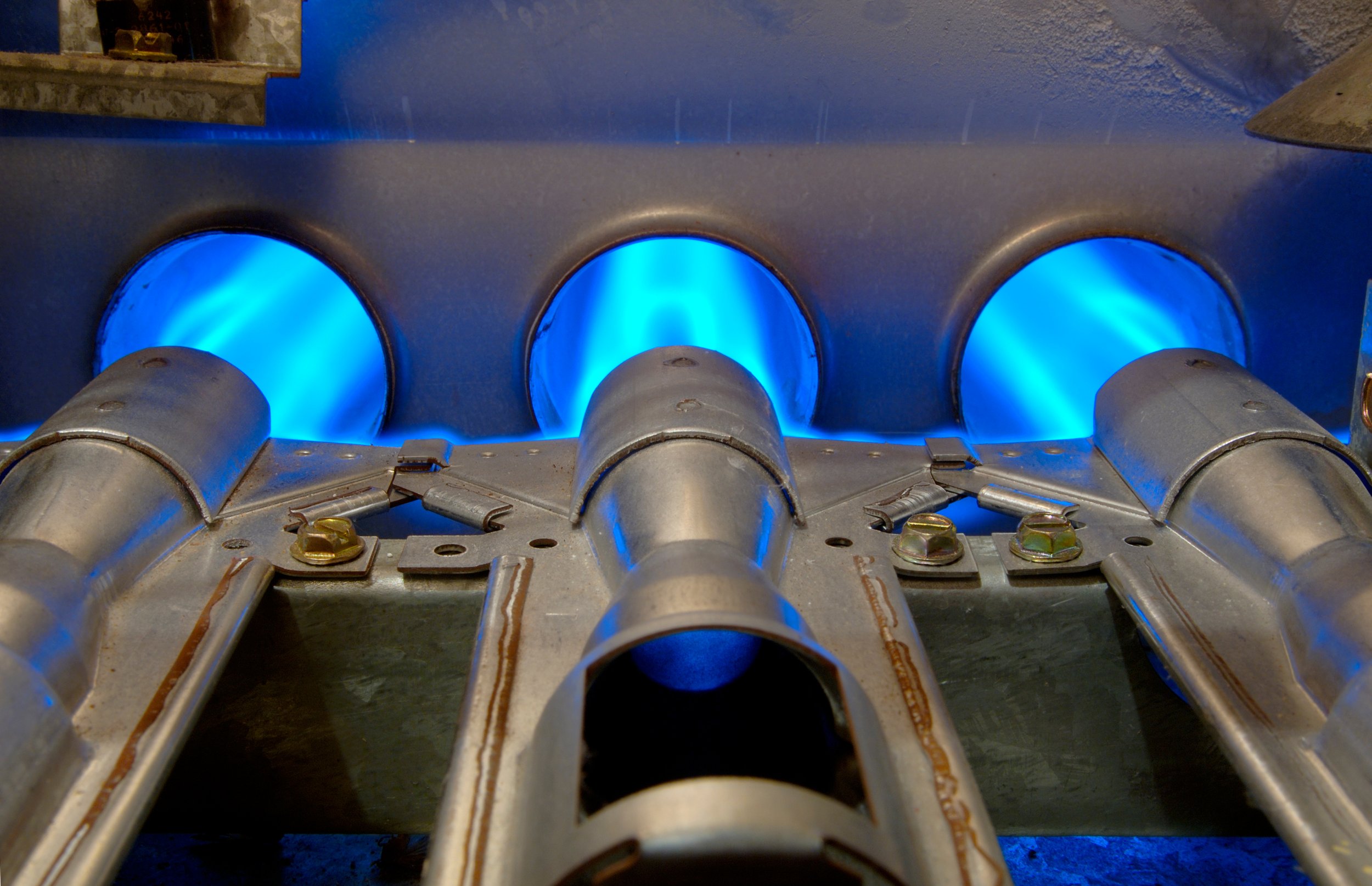Common Gas Furnace Problems & When to Call for Repair
Gas furnaces are one of the most efficient and reliable ways to heat your home, especially in the Pacific Northwest. But even the best systems can break down. When your furnace stops working or doesn’t heat like it used to, quick action can help you avoid higher bills—or worse, unsafe conditions.
In this guide, we cover the most common gas furnace problems, the basics of furnace troubleshooting, and how to know when it’s time to call the pros.
1. Furnace Is On but Not Heating Enough
It’s one of the most common calls we get—your furnace is on, but your home still feels chilly. When your system produces some heat but not enough to warm your space, several things could be to blame.
A clogged or dirty air filter is often the culprit. When airflow is restricted, your furnace can’t distribute warm air effectively. This also causes your system to overwork and waste energy.
A faulty thermostat or issues with the gas burner or ignition system can also prevent your unit from reaching the set temperature.
DIY Tip: Start by replacing the air filter and adjusting your thermostat. If those don’t work, call for professional furnace repair to restore proper performance.
2. Furnace Won’t Turn On
Few things are more frustrating on a cold morning than a furnace that won’t turn on at all. If your system is unresponsive or there’s no airflow from the vents, the problem could range from minor to serious.
A tripped circuit breaker, faulty thermostat, or ignition failure could be the reason. Sometimes the gas line may have been turned off accidentally, or the gas valve could be stuck closed.
Start Here: Reset the circuit breaker, check your thermostat’s batteries and settings, and verify that the gas valve and furnace power switch are on. If the unit still won’t start, it’s time to schedule gas furnace troubleshooting with a trained technician.
3. Strange Noises Coming from Furnace
If your furnace starts making noises like banging, squealing, or humming, don’t ignore it. These sounds are your system’s way of telling you something is wrong—and catching them early can prevent more costly repairs.
Common causes include loose components, blower motor failure, dirty burners, or even a cracked heat exchanger. A furnace should run quietly; anything beyond a low hum needs inspection.
Turn off the unit and call a HVAC professional. Addressing furnace problems early helps preserve your system and your comfort.
4. Inconsistent Heating or Temperature Swings
Do some rooms in your home feel like saunas while others feel like a fridge? Uneven heating is a sign your furnace isn’t distributing warm air properly—and it’s a clear sign of HVAC imbalance or equipment issues.
This problem may stem from ductwork design flaws, leaks, or a blower motor malfunction. A faulty thermostat or limit switch can also cause the furnace to shut off prematurely or fail to respond at all.
To fix it, check your thermostat and air vents. If airflow seems normal but temperature swings continue, it’s time for a furnace troubleshooting gas inspection.
5. Furnace Turns On Then Off (Short Cycling)
Short cycling is when your furnace starts, runs briefly, and then shuts off—over and over. This issue can reduce the system’s lifespan and spike your energy bills.
The most common cause is a dirty air filter, which restricts airflow and causes overheating. It can also result from a faulty flame sensor, pressure switch issue, or an improperly sized system.
First Step: Replace your air filter. If the problem continues, schedule a technician to check for component malfunctions and perform a full system evaluation.
6. You Smell Gas or Something Burning
Smelling gas or a burning odor is always cause for concern. If you detect a rotten egg smell or a strong chemical odor near your furnace, act immediately.
Gas leaks and cracked heat exchangers can release carbon monoxide—a colorless, odorless gas that’s extremely dangerous. A burning smell could also indicate overheating components or electrical issues.
What to Do: Leave your home immediately if you suspect a gas leak. Do not turn on lights or appliances. Call your utility provider or 911, then contact our emergency team. We strongly recommend every home have a carbon monoxide detector installed near the furnace.
Safety First: Let the Pros Handle Dangerous Repairs
Repairing a furnace yourself can be risky—especially when it involves electrical or gas components. Trust the experts at Miller’s Heating & Air to handle diagnostics and repairs the right way.
We’ve served the Vancouver, WA area since 1947 with certified HVAC technicians and 24/7 emergency furnace service.
Miller’s Heating & Air: Your Trusted Furnace Repair Team
Whether you're dealing with poor heating, strange noises, or total shutdowns, we’ll help you get your heat back fast. Our furnace services include:
Emergency repairs
Gas furnace troubleshooting
System diagnostics
Safety inspections
We also repair:
Ducted heat pumps
Air handlers
Ductless mini-splits
Central AC systems
Give us a call today if you need an emergency HVAC repair.



